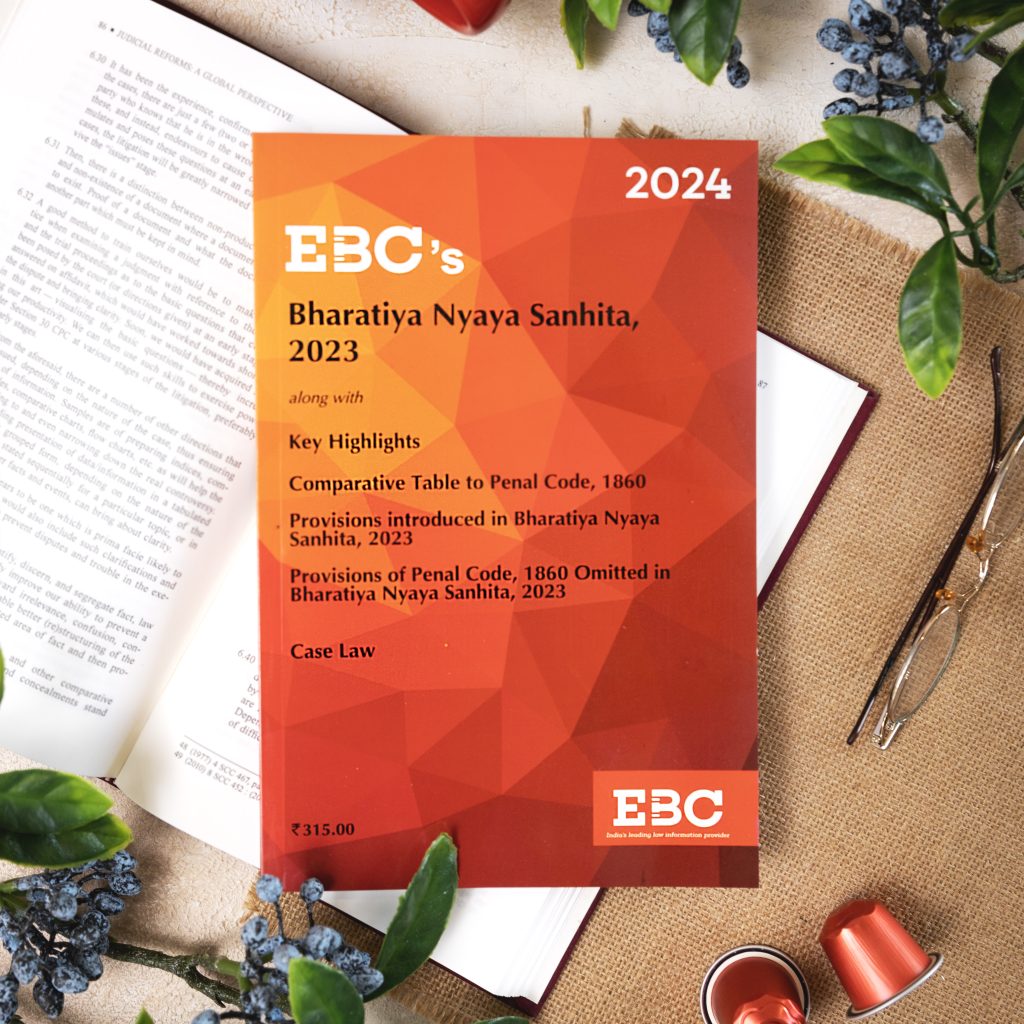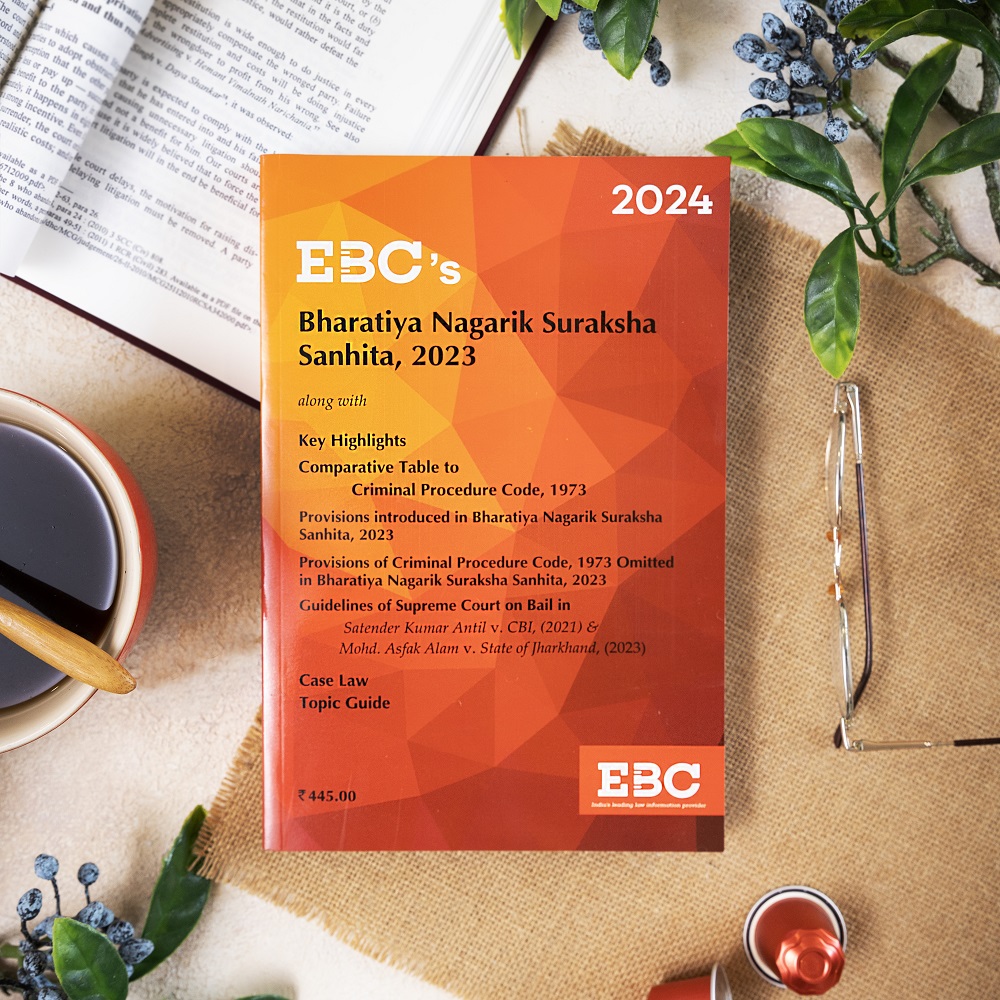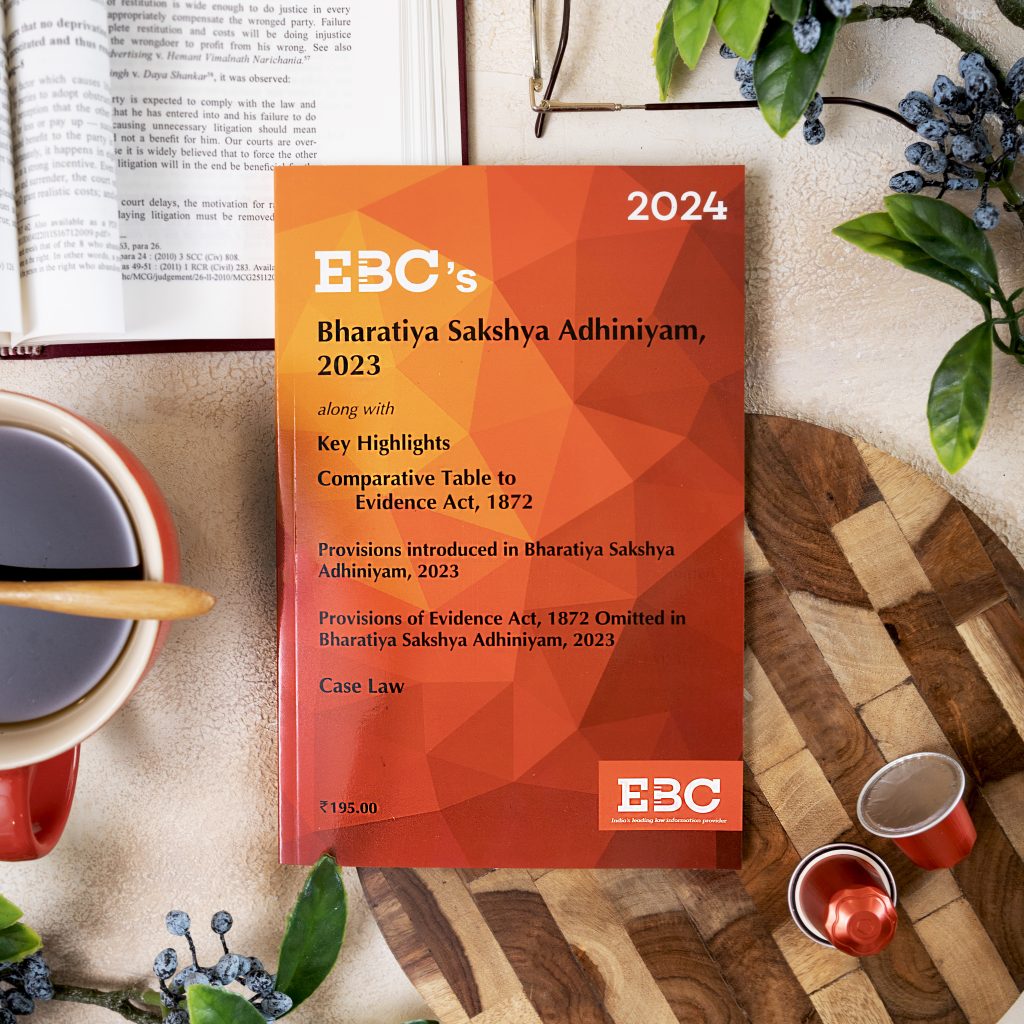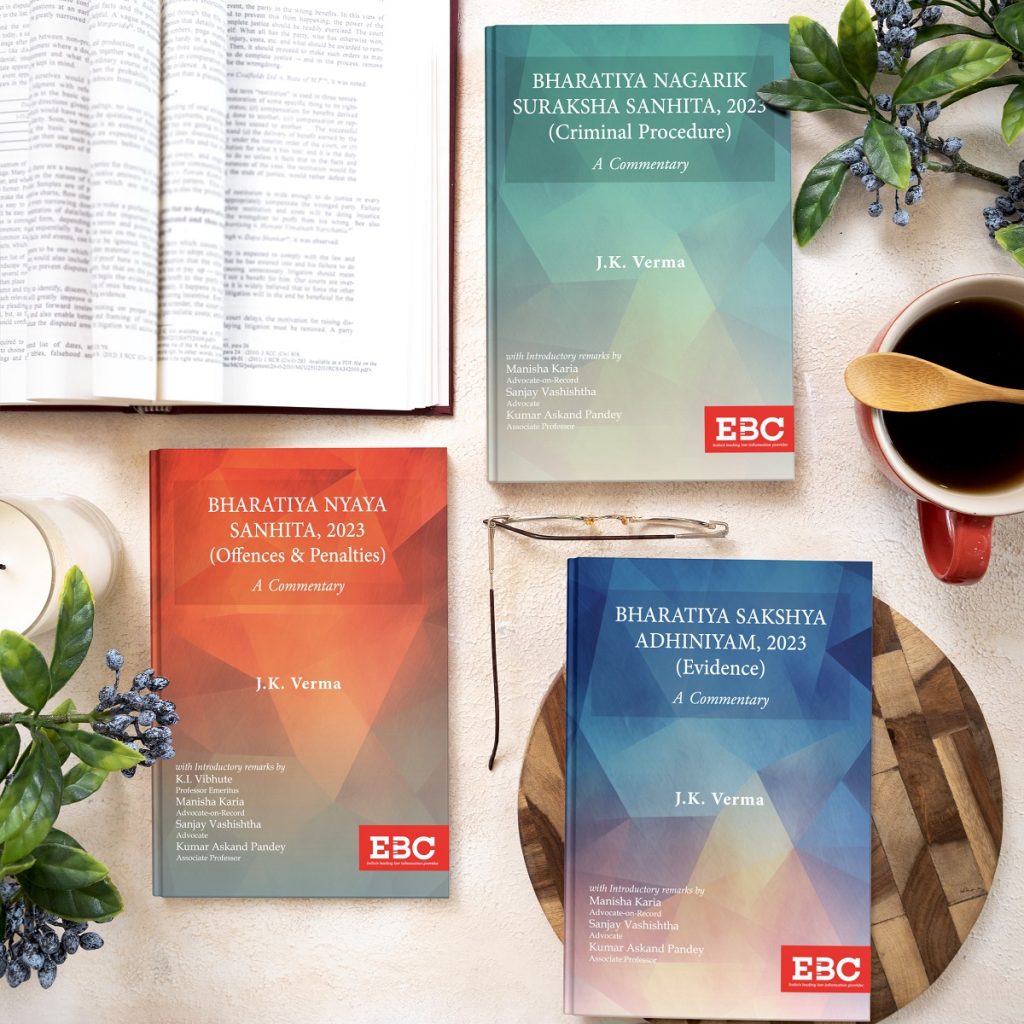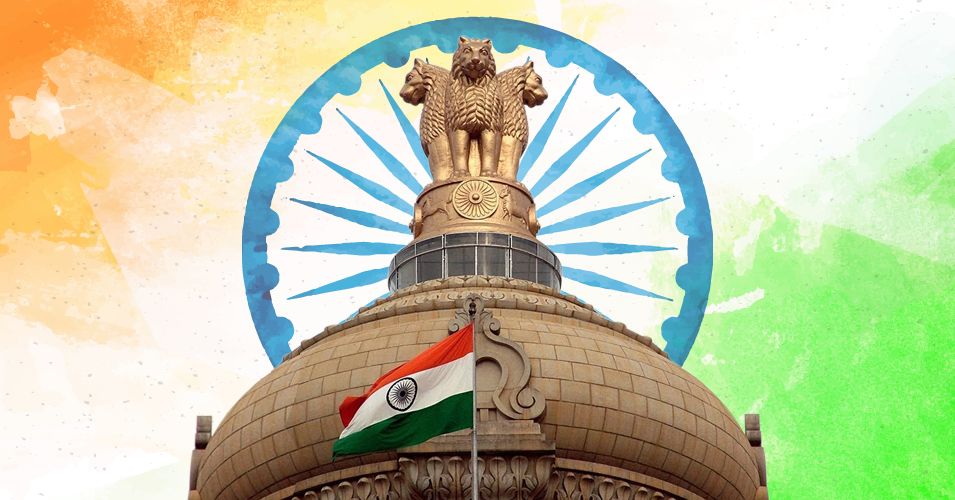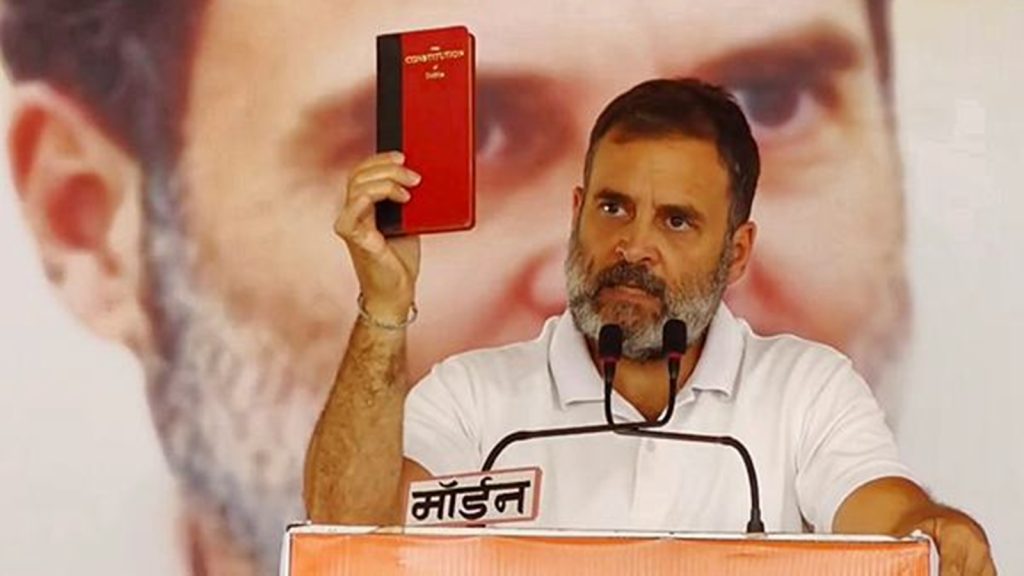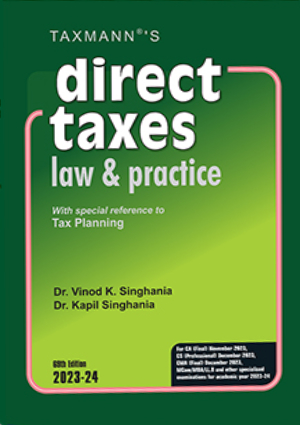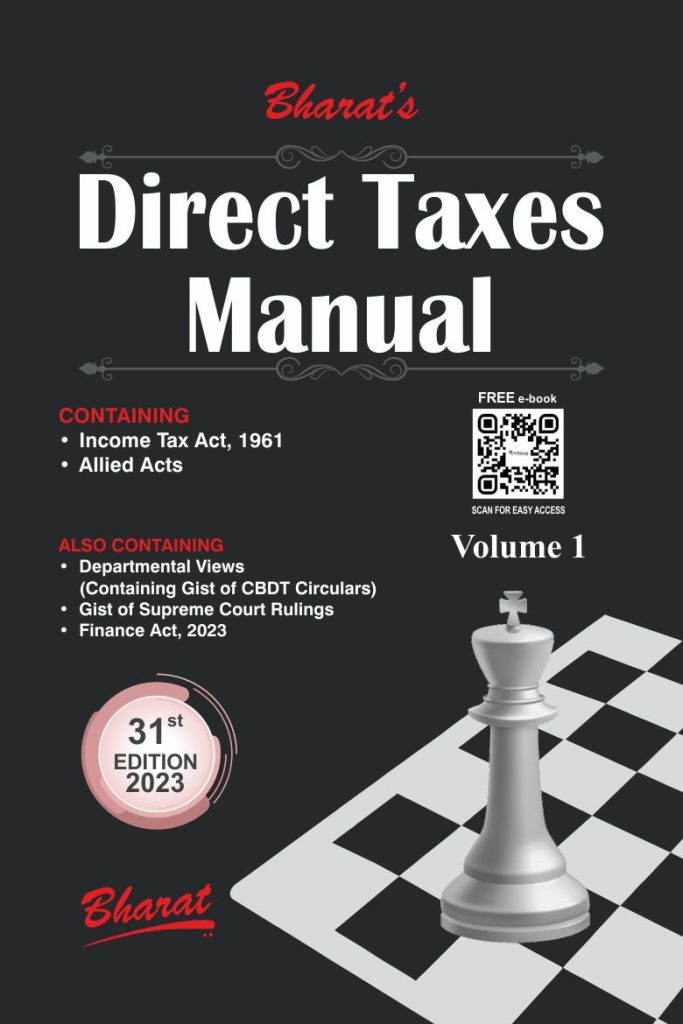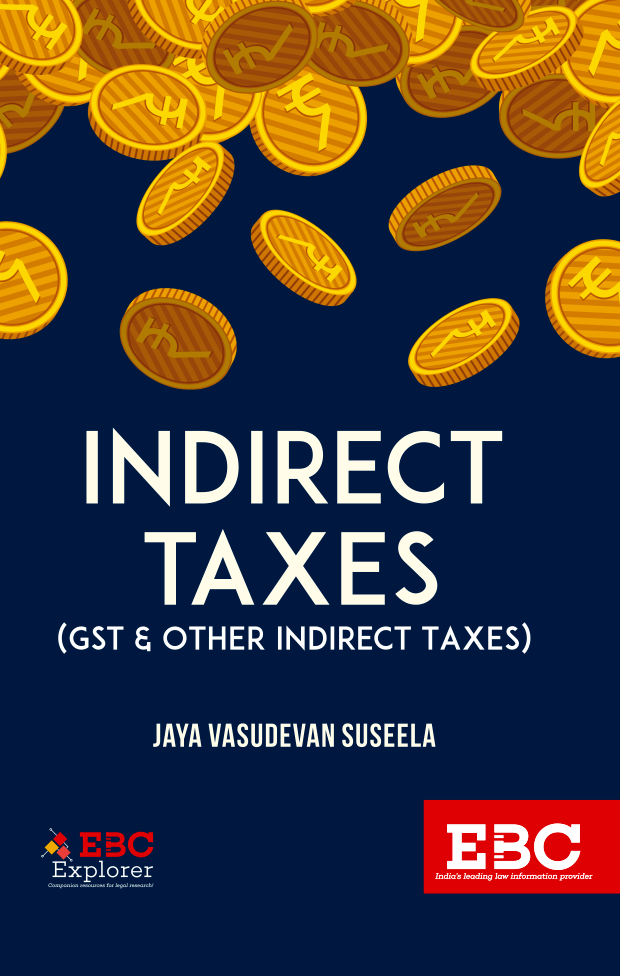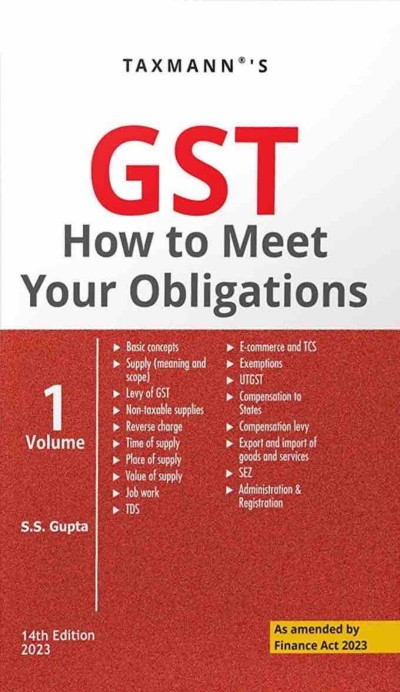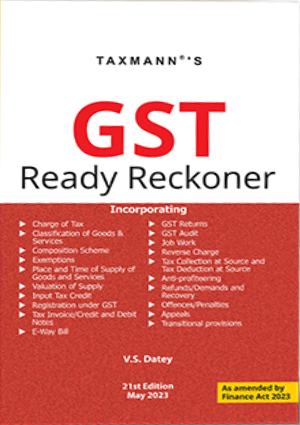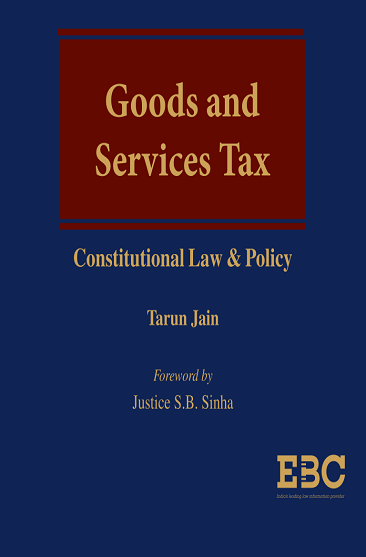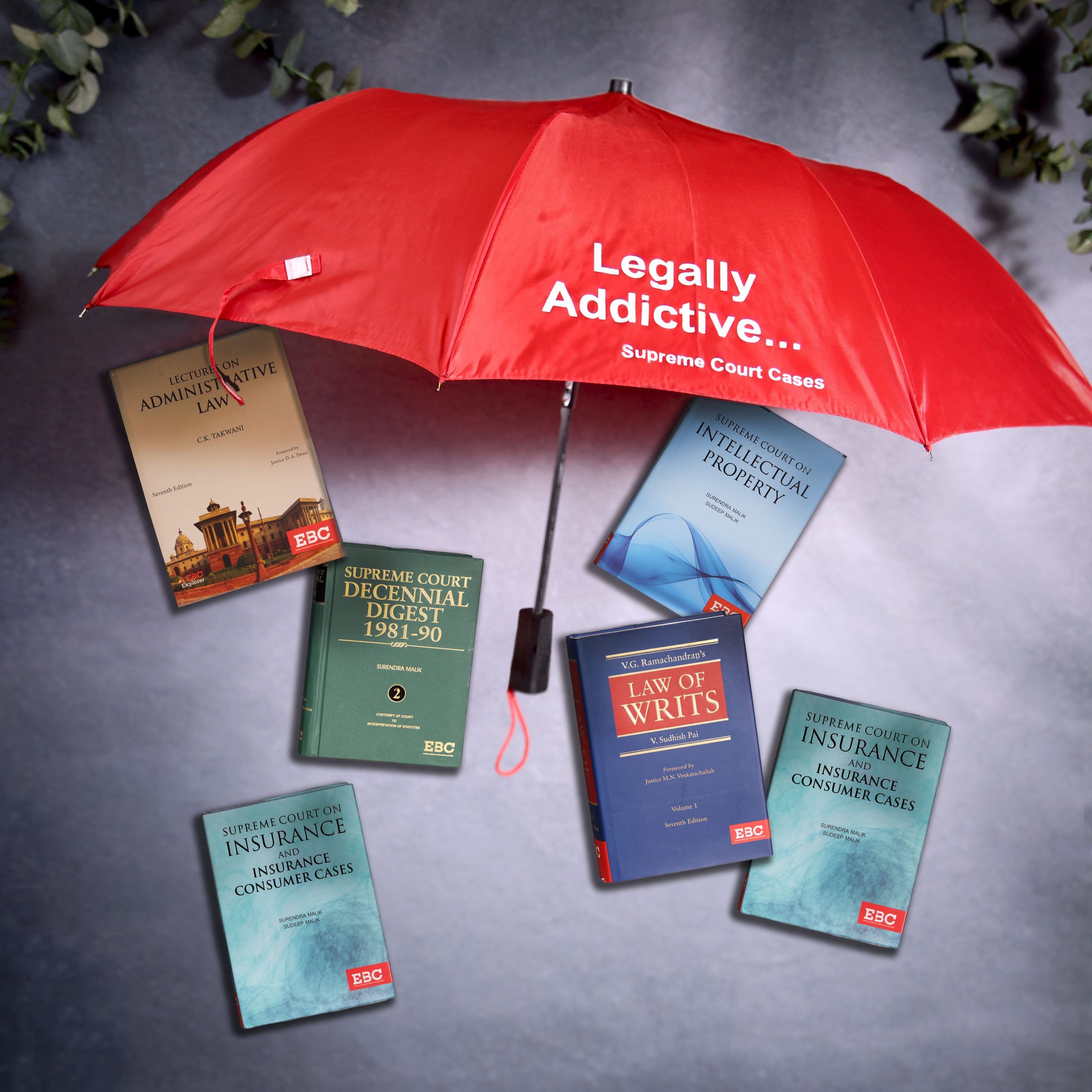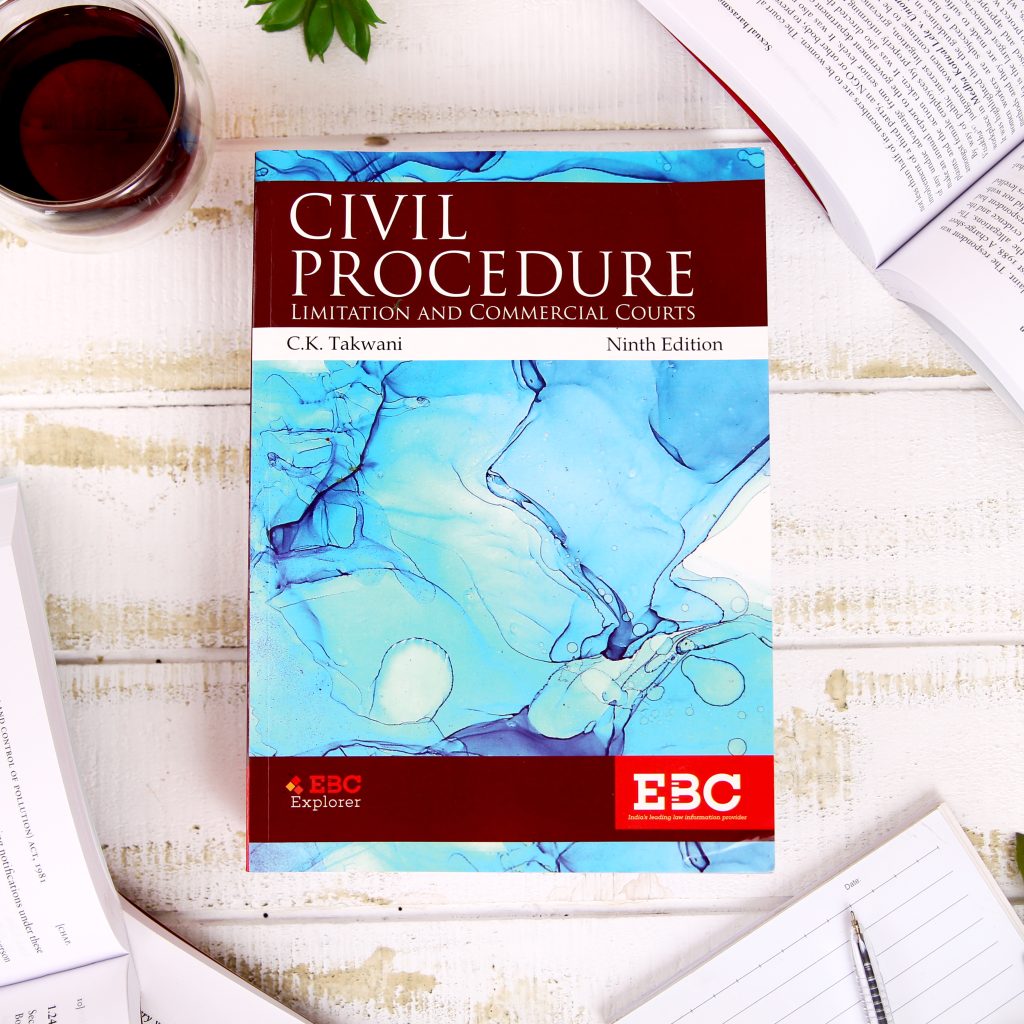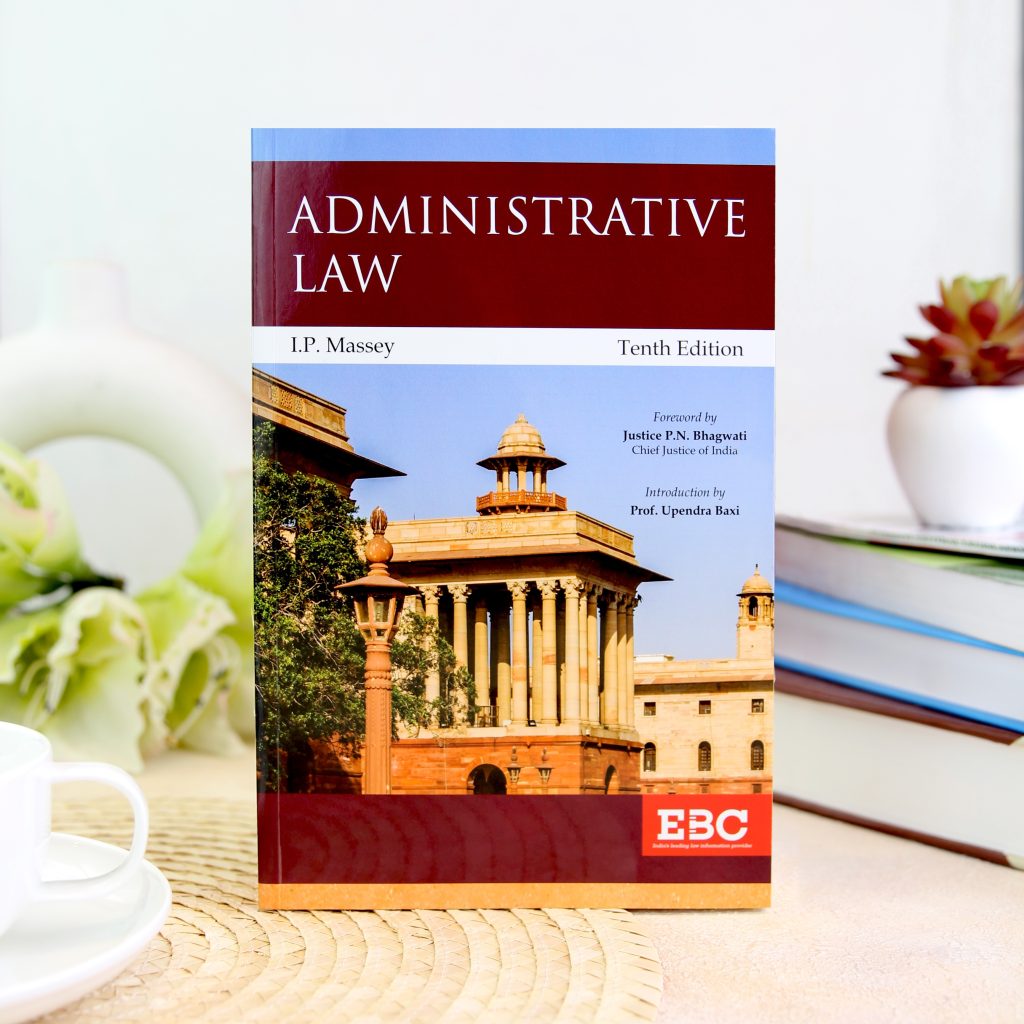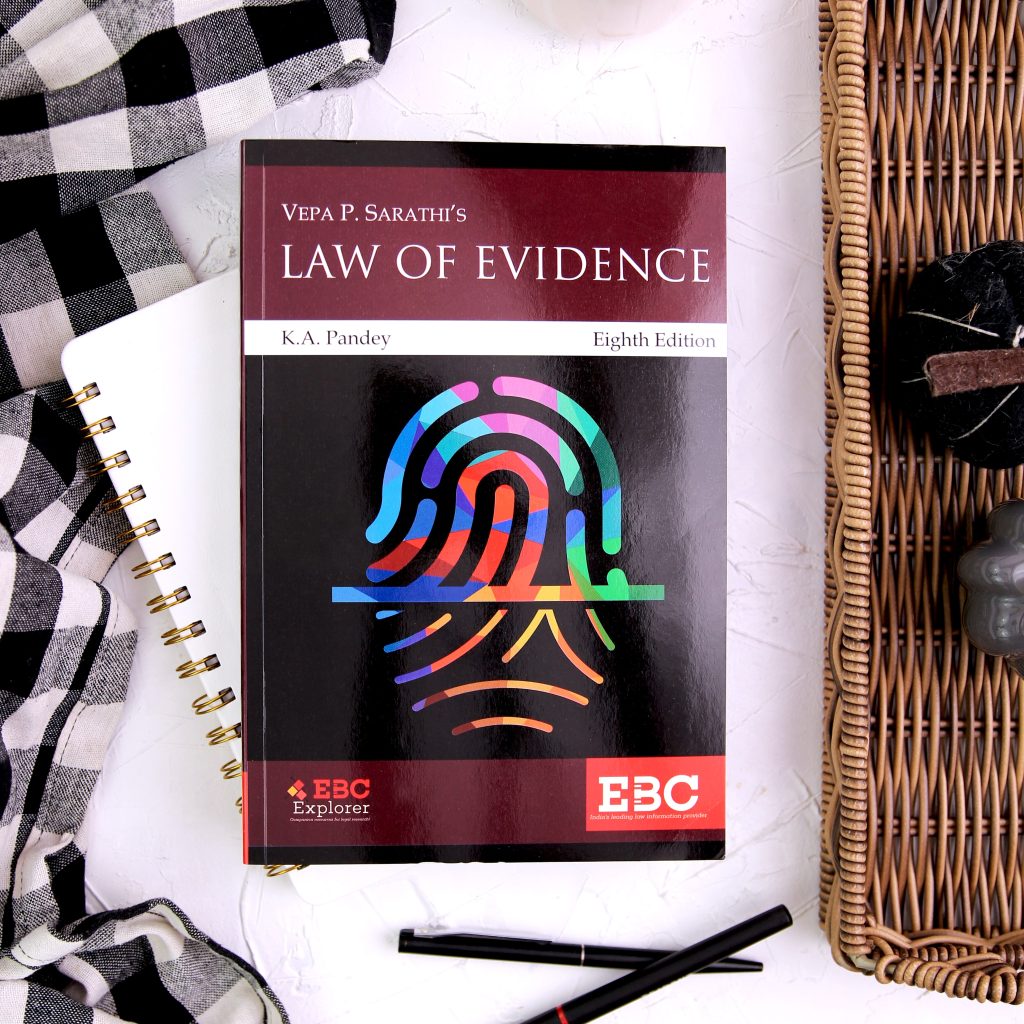In an era where digital manipulation technologies are advancing at a breakneck pace, deepfakes have emerged as a powerful and potentially dangerous tool for creating and spreading misinformation. Deepfakes are synthetic media in which a person’s likeness is replaced with someone else’s in existing images or videos. These hyper-realistic fake videos or audio recordings, created using artificial intelligence, pose significant challenges to our legal systems, media landscape, and societal trust.
The Legal Challenges
1. Defamation and Privacy Laws: Existing defamation and privacy laws may not adequately address the unique challenges posed by deepfakes. The ease of creating and spreading deepfakes makes it difficult to trace the origin and hold creators accountable.
2. Intellectual Property Rights: Deepfakes often use copyrighted material without permission, raising questions about fair use and copyright infringement.
3. Electoral Interference: Deepfakes can be used to manipulate public opinion and interfere with elections, challenging existing electoral laws and regulations.
4. Consent and Right of Publicity: The use of someone’s likeness without their consent in deepfakes raises issues related to the right of publicity and personal autonomy.
Current Legal Approaches
Several jurisdictions have begun to address the deepfake problem through legislation.
Challenges in Legislation and Enforcement
1. Balancing Free Speech: Any regulation must carefully balance the need to prevent harm with protecting legitimate forms of expression, including parody and satire.
2. Technological Arms Race: As detection technologies improve, so do the techniques for creating more convincing deepfakes, making enforcement an ongoing challenge.
3. Jurisdictional Issues: The global nature of the internet makes it difficult to enforce laws across borders.
Potential Solutions
1. Digital Watermarking: Developing technologies to embed traceable markers in original content to help identify manipulated media.
2. AI-Powered Detection: Investing in artificial intelligence tools that can detect deepfakes with high accuracy.
3. Media Literacy Education: Enhancing public awareness and critical thinking skills to help individuals identify potential deepfakes.
4. Platform Responsibility: Encouraging social media and content platforms to develop and enforce strict policies on deepfakes.
Conclusion
The rise of deepfakes presents complex legal and societal challenges that require a multifaceted approach. While legislation is an important tool, it must be complemented by technological solutions, education, and social responsibility. As we navigate this new digital landscape, collaboration between lawmakers, technologists, and media experts will be crucial in developing effective strategies to combat the spread of misinformation while preserving the benefits of digital innovation.
As technology continues to evolve, so too must our legal frameworks and societal approaches to information integrity. The battle against deepfakes and misinformation is not just a legal challenge, but a test of our collective ability to adapt to the changing nature of truth in the digital age.




